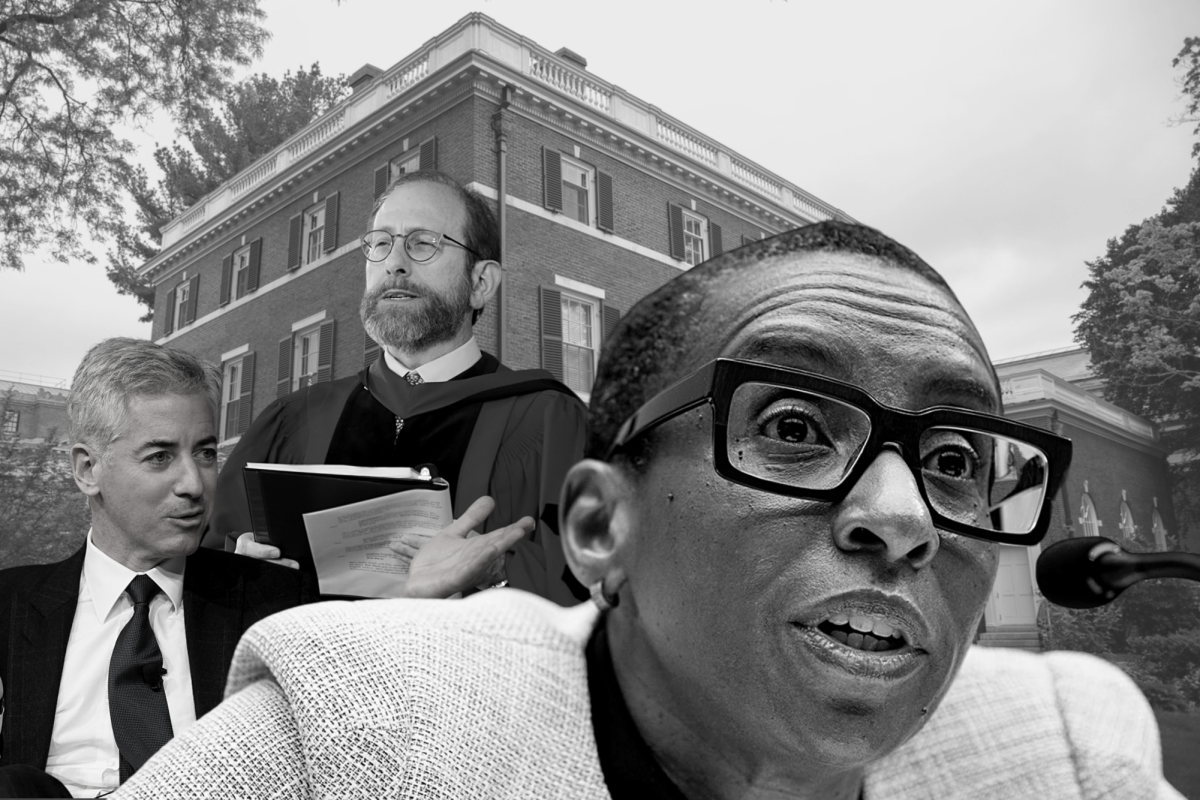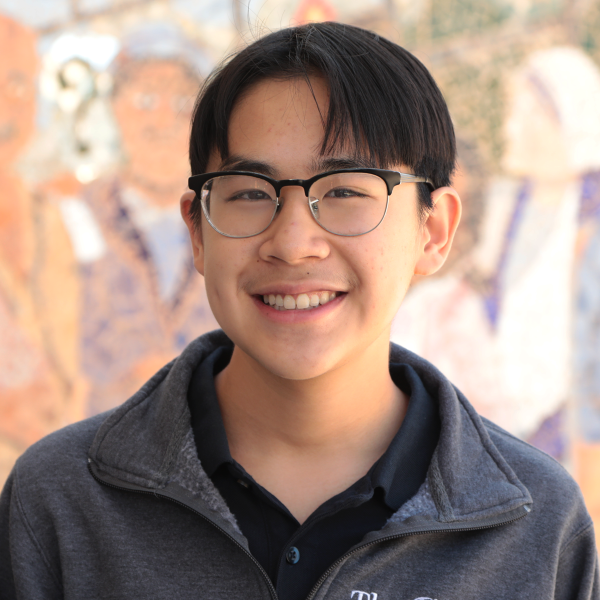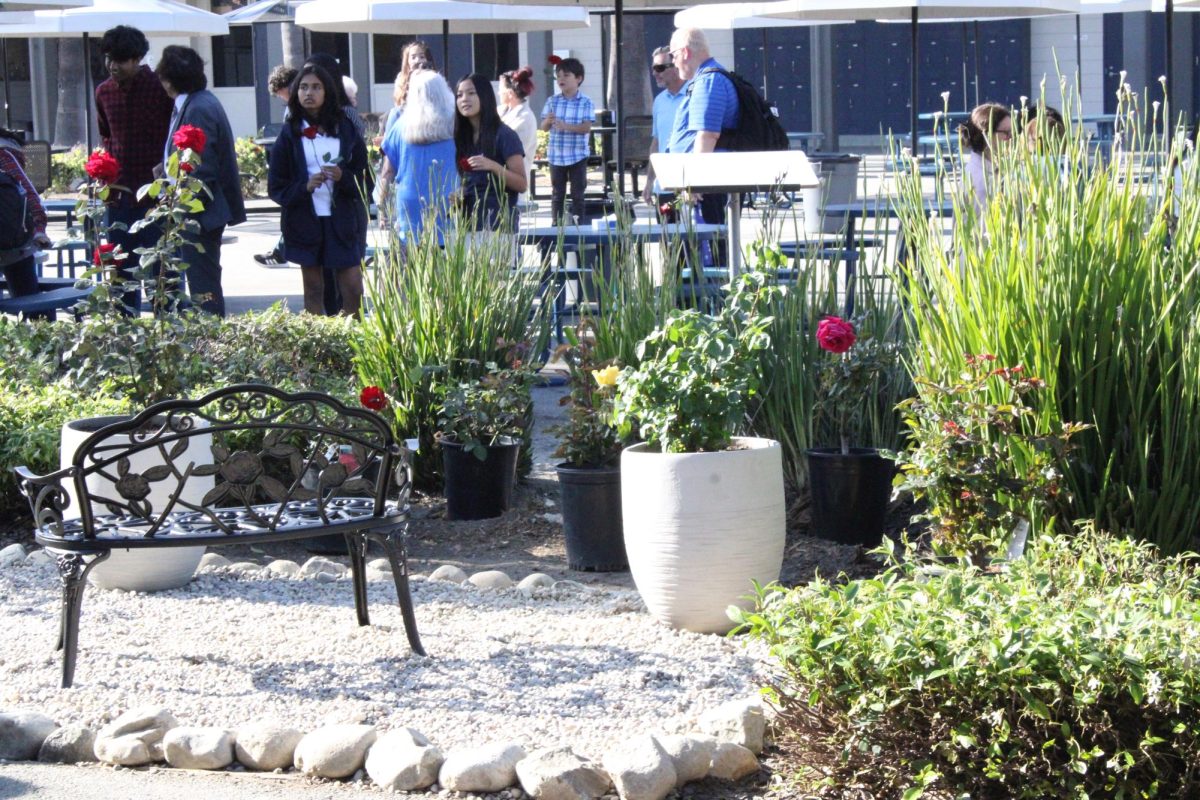On Jan. 2, Harvard University president Dr. Claudine Gay announced her resignation after plagiarism accusations in her academic work that appeared after an investigation on antisemitism on campus.
Following a Dec. 5 congressional hearing with the presidents of various universities like UPenn and MIT, Dr. Gay was examined on her handling of antisemitism on campus. When asked if calling for the genocide of jews violated the university’s rules, Dr. Gay said speech crossing into conduct would violate policies. This response prompted an article published Dec. 10 by conservative activists Christopher Rufo and Christopher Brunet questioning plagiarism Dr. Gay committed in her academic work. Harvard Corporation, the University’s highest governing body, then conducted an investigation.
The Corporation found “regrettable instances of inadequate citation,” but they “did not constitute research misconduct.” Dr. Gay then requested four corrections in two articles to insert citations and quotation marks.
“I stand by the integrity of my scholarship,” said Dr. Gay. “Throughout my career, I have worked to ensure my scholarship adheres to the highest academic standards.”
Conservative groups and critics such as Bill Ackman led campaigns calling for Dr. Gay’s resignation after the congressional testimony. As her dissertation, among other works, were questioned Ackman believed the handling of her plagiarism to be unfair and unjust.
“The Board Chair should resign along with the other members of the board who led the campaign to keep Claudine Gay, orchestrated the strategy to threaten the media, bypassed the process for evaluating plagiarism, and otherwise greatly contributed to the damage that has been done,” Ackman said on X (formerly Twitter).
From the public, Dr. Gay received death threats, racial slurs, and character attacks online. In a New York Times guest essay, she believed that, as a person of color, the campaign was partially built on racial stereotypes and false narratives.
However, in its online guide, Harvard defines plagiarism as intentionally or unintentionally submitting work written by someone else. Even if paraphrased, any students caught plagiarizing may have to withdraw from the university. In academia, plagiarism can be damaging to a professional’s reputation, credibility, and career. An undergraduate Harvard student on its College Honor Council — made to uphold the College’s academic integrity standards — believed Dr. Gay’s case was not handled appropriately prior to her resignation.
“When my peers are found responsible for instances of inadequate citation, they are often suspended for an academic year,” said the student in an anonymous op-ed article on The Harvard Crimson. “When the president of their university is found responsible for the same types of infractions, the fellows ‘unanimously stand in support of’ her.”
Dr. Gay later announced her resignation on Jan. 2, revealing that she would return to her former position as a tenured professor.
“It has become clear that it is in the best interests of Harvard for me to resign so that our community can navigate this moment of extraordinary challenge with a focus on the institution rather than any individual,” said Dr. Gay.
While Dr. Gay’s six month tenure at Harvard University marked the shortest term in the institution’s history, she held a historic position as Harvard’s first person of color and second woman president. Alan Garber, Provost of Harvard, has temporarily taken over Dr. Gay’s role as interim president.
“There is much to be done, and while today has been a difficult day, I know what this community can accomplish together,” Garber said. “I am confident we will overcome challenges we face and build a brighter future for Harvard.”



























































